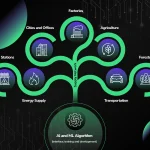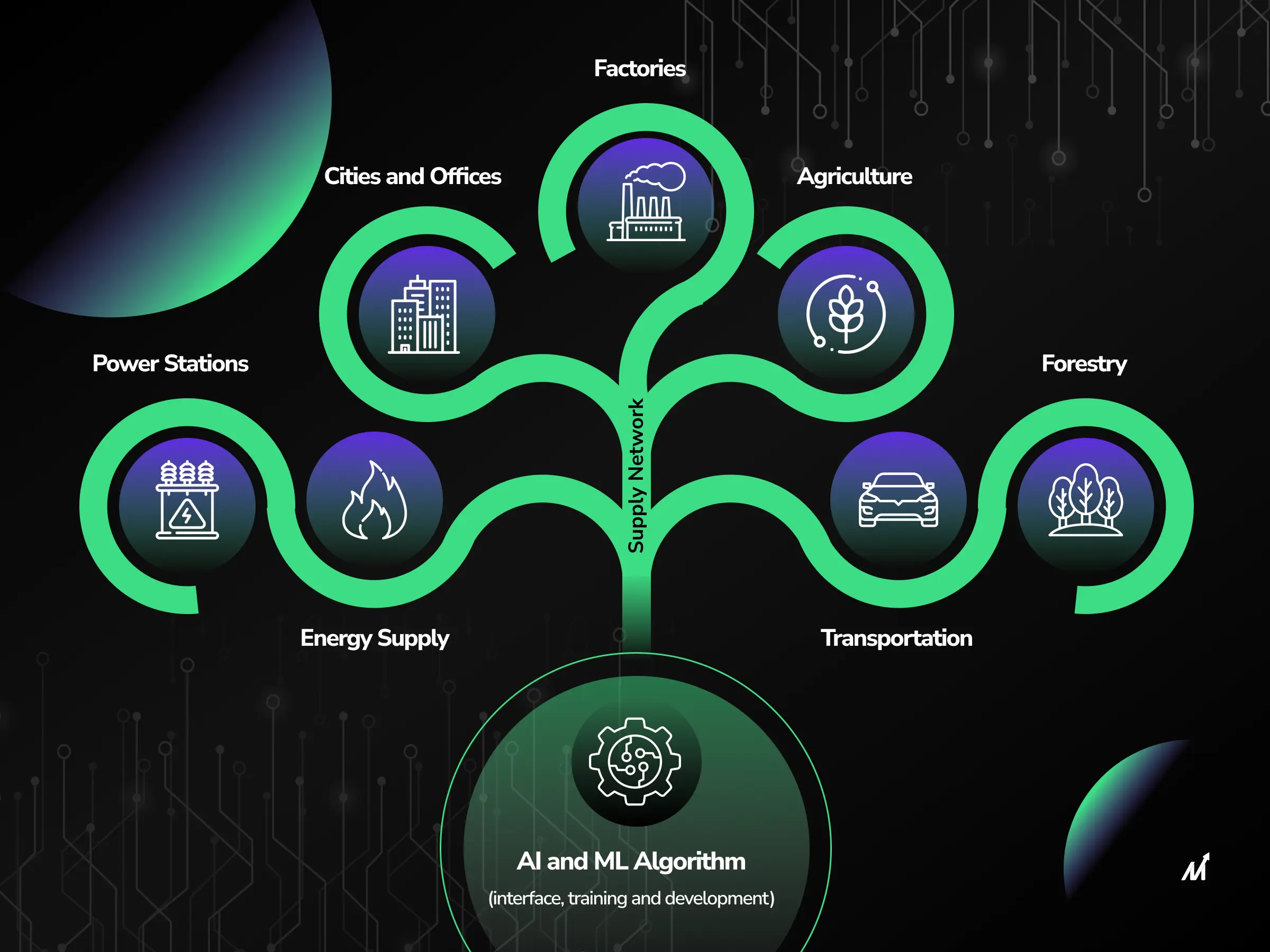In today’s rapidly evolving digital landscape, the role of an Information Security Analyst is more crucial than ever. With cyber threats becoming increasingly sophisticated, organizations are in dire need of professionals who possess the knowledge and skills to protect their sensitive information. One way to demonstrate expertise in this field is by obtaining relevant certifications. Certifications such as Certified Information Systems Security Professional (CISSP), Certified Ethical Hacker (CEH), Certified Information Security Manager (CISM), CompTIA Security+, and Certified Information Systems Auditor (CISA) are highly recommended for individuals looking to advance their careers in information security. These certifications not only validate your understanding of various security concepts but also showcase your ability to effectively mitigate risks and protect valuable data. By investing in these certifications, you can enhance your credibility as a security analyst and stay ahead in this competitive industry.
Laying the Groundwork for a Career in Information Security
Understanding the Role of an Information Security Analyst
In the realm of information security, the role of an Information Security Analyst is paramount. These professionals are tasked with implementing and managing security measures to safeguard systems and data from potential threats. For example, websites like indeed.com utilize security measures such as Cloudflare to protect against online attacks. Information Security Analysts play a crucial role in ensuring that these measures are effective in preventing unauthorized access and attacks. Their expertise is vital in maintaining the security and integrity of digital assets.
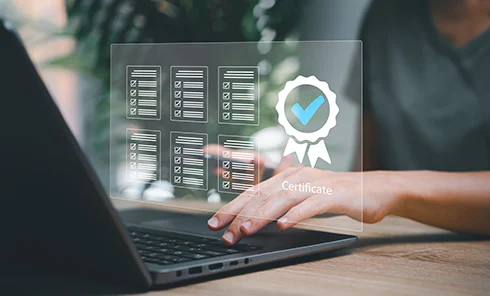
The Importance of Certifications in Advancing Your Career
Certifications play a significant role in advancing a career in information security. For instance, certifications like Certified Information Systems Security Professional (CISSP) and Certified Ethical Hacker (CEH) provide professionals with specialized knowledge and skills to address security challenges effectively. These certifications not only showcase expertise but also demonstrate a commitment to continuous learning and development in the field. Employers often value candidates with relevant certifications as they indicate a high level of competency and readiness to tackle complex security issues.
Six Essential Certifications for Information Security Analysts:
- CompTIA Security+
- CySA+
- Certified Ethical Hacker (CEH)
- Certified in Risk and Information Systems Control (CRISC)
- Certified Information Systems Auditor (CISA)
- Certified Information Systems Security Professional (CISSP)
These certifications cater to individuals at various stages in their careers, offering a mix of foundational knowledge and specialized skills. Each certification focuses on different aspects of information security, such as risk analysis, auditing, and ethical hacking. By obtaining these certifications, information security analysts can enhance their expertise and credibility in the field, making them more competitive and desirable to potential employers.
The Significance of Practical Experience and Continuous Learning:
While certifications are valuable, practical experience, critical thinking skills, and a passion for continual learning are equally important in the field of information security. Employers seek candidates who can apply their knowledge effectively in real-world scenarios and demonstrate a strong work ethic. Certifications serve as a foundation, but it is the combination of practical skills and theoretical knowledge that truly sets a security analyst apart in the competitive industry of information security.
Starting with the Basics: Entry-Level Certifications
CompTIA Security+: A Foundation for Security Professionals
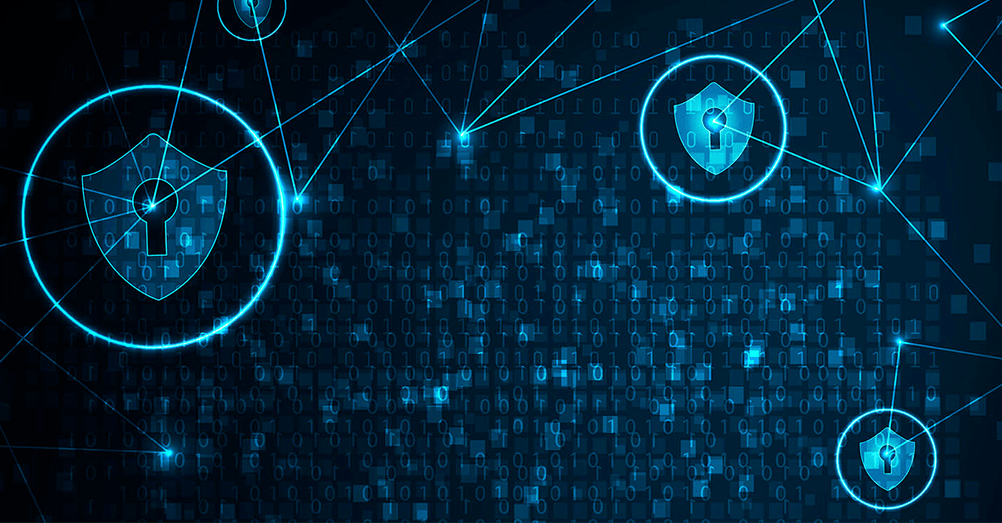
CompTIA Security+ is a fundamental certification that serves as a cornerstone for individuals entering the field of cybersecurity. This certification equips professionals with essential security skills, covering areas such as network security, compliance, threats, and vulnerabilities. By obtaining CompTIA Security+, individuals demonstrate their understanding of core security concepts and best practices, making them valuable assets in protecting organizations against cyber threats.
Moreover, CompTIA Security+ provides a solid foundation for security professionals to build upon. It acts as a stepping stone towards more advanced certifications and career opportunities in cybersecurity analysis. Professionals with CompTIA Security+ certification are well-equipped to handle security incidents, conduct risk assessments, and implement security measures effectively.
CompTIA CySA+: Diving Deeper into Cybersecurity Analysis
CompTIA CySA+ is a certification that delves deeper into the realm of cybersecurity analysis, focusing on threat detection, incident response, and vulnerability management. This certification is ideal for individuals looking to enhance their skills in identifying and combating cyber threats effectively.
With CompTIA CySA+, professionals gain hands-on experience in analyzing data to identify potential security risks, responding to incidents promptly, and implementing security solutions to mitigate vulnerabilities. This certification is highly valued in the industry as it demonstrates a candidate’s proficiency in cybersecurity analysis and their ability to protect organizations from evolving threats.
As an information security analyst, pursuing advanced certifications can significantly elevate your career and open up new opportunities in the cybersecurity field. Three key certifications that can help you stand out are the Certified Ethical Hacker (CEH), Certified Information Systems Security Professional (CISSP), and Certified Information Security Manager (CISM).
Certified Ethical Hacker (CEH): Mastering Offensive Security Techniques
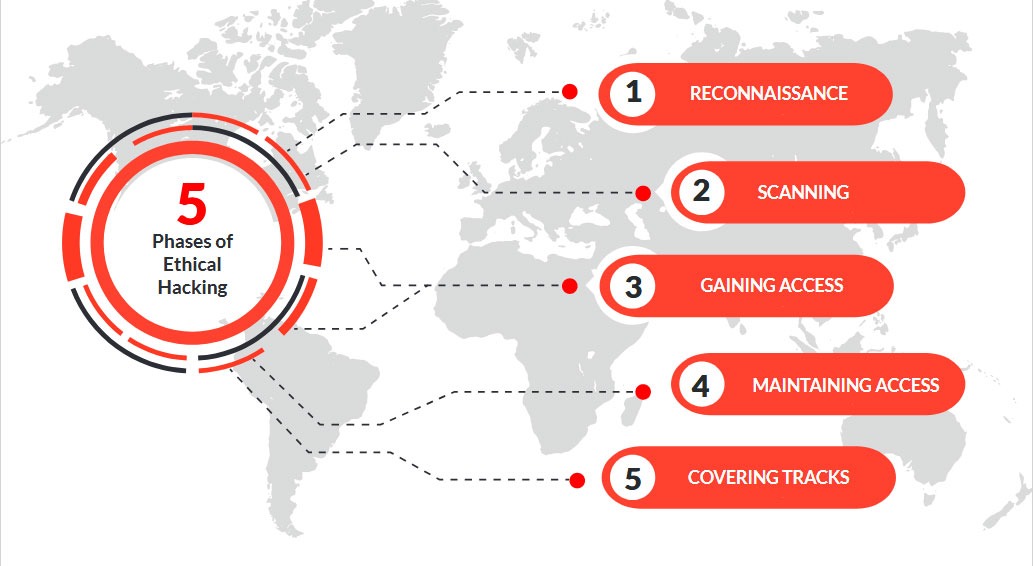
The CEH certification focuses on mastering offensive security techniques, which are essential for defending against online attacks. By obtaining this certification, you will gain the skills and knowledge needed to identify vulnerabilities in systems and networks, conduct penetration testing, and develop strategies to mitigate security risks.
Certified Information Systems Security Professional (CISSP): A Comprehensive Security Credential
The CISSP certification is a comprehensive security credential that covers various domains of information security. It equips individuals with the expertise to handle complex security issues, including protecting against malicious commands and data breaches. By obtaining this certification, you demonstrate your proficiency in implementing security measures to prevent unauthorized access and attacks on systems.
Certified Information Security Manager (CISM): Leading Security Teams and Strategies
The CISM certification focuses on developing your ability to lead and manage security teams effectively. It emphasizes risk analysis and management, ensuring that organizations are well-prepared to handle security threats. By obtaining this certification, you showcase your expertise in developing and implementing robust security strategies to protect against online attacks and data breaches.
Benefits of Obtaining Advanced Certifications:
- Enhanced skillset in offensive security techniques
- Comprehensive knowledge of information security domains
- Effective leadership and management of security teams
- Improved ability to develop and implement security strategies
Overall, obtaining advanced certifications such as CEH, CISSP, and CISM is crucial for information security analysts looking to advance their careers and excel in the dynamic field of cybersecurity. These certifications not only validate your skills but also demonstrate your commitment to continuous learning and professional development.
Specialized Certifications to Hone Your Expertise
Certified in Risk and Information Systems Control (CRISC): Focusing on Risk Management
Specialized certifications play a crucial role in honing the expertise of security analysts, providing them with the necessary skills and knowledge to excel in their roles. The CRISC certification focuses on risk management, equipping candidates with the ability to analyze and manage risks effectively. Candidates are required to have experience in assessing and prioritizing risks to build a strong risk management program for organizations. This certification is highly respected in the industry and can open up numerous career opportunities for individuals looking to advance their expertise in risk management.
Certified Information Systems Auditor (CISA): Excelling in IT Auditing and Governance
The Certified Information Systems Auditor (CISA) certification is tailored towards excelling in IT auditing and governance, ensuring that security analysts have the necessary skills to assess internal auditing processes, IT governance, business resilience, and compliance. Ideal for mid-career analysts leaning towards auditing, the CISA certification emphasizes the importance of internal auditing processes and compliance. By obtaining this certification, security analysts can enhance their skills, credibility, and career prospects in the ever-evolving landscape of cybersecurity.
Preparing for Certification Exams
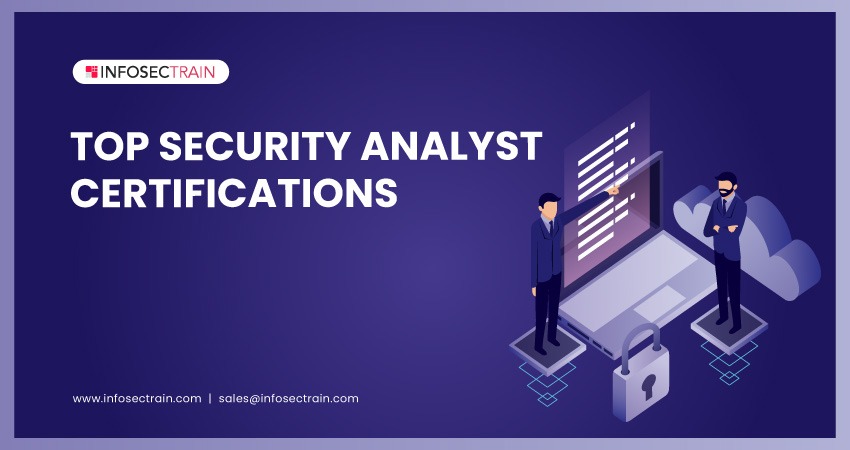
Study Resources and Training Programs
Preparing for certification exams is a critical step in the career advancement of security analysts. Utilizing a variety of study resources and training programs can significantly enhance one’s chances of success. These resources may include textbooks, online courses, practice exams, and study guides tailored to the specific certification exam. Enrolling in training programs offered by professional organizations or educational institutions can also provide valuable insights and guidance on exam content and preparation strategies.
Key Points:
- Utilize textbooks, online courses, practice exams, and study guides
- Enroll in training programs for additional guidance
Exam Preparation Tips and Strategies
Implementing effective exam preparation tips and strategies is essential for optimizing study sessions. Creating a study schedule, setting specific goals, and practicing time management techniques can help individuals stay organized and focused. Additionally, practicing with sample questions, seeking guidance from mentors or peers, and staying motivated throughout the preparation process are key factors in achieving success. By incorporating these tips and strategies into their study routine, individuals can approach their certification exams with confidence and increase their chances of passing.
Key Points:
- Create a study schedule and set goals
- Practice time management techniques
- Utilize sample questions and seek guidance
Conclusion
While certifications are important for security analysts, practical experience and skills are equally crucial. Certifications like CompTIA Security+ and CySA+ provide a solid foundation, but real-world application, critical thinking, and continuous learning are essential for success in the field. Employers may prioritize qualities such as curiosity, self-driven work ethic, and the ability to prioritize and multitask when evaluating candidates for security analyst roles. Therefore, a combination of certifications, practical experience, and key skills is vital for security analysts to excel in their careers and thrive in the dynamic field of cybersecurity.
Professional development is crucial for information security analysts to advance their careers beyond certifications.
Participating in Industry Conferences and Workshops
allows analysts to stay current with industry trends and technologies, enhancing their skills and knowledge. By attending these events, analysts can gain valuable insights and knowledge that can help them stay ahead in their careers. Industry conferences and workshops offer a platform for analysts to enhance their skills and knowledge, making them more competitive in the job market.
Joining Professional Organizations and Networking
within the industry is another key component of continuing professional development. These organizations offer resources, training, and support to help members enhance their skills and stay current with industry trends. Networking with other professionals can lead to new opportunities, collaborations, and mentorship, contributing to professional growth. By actively participating in these organizations, analysts can expand their knowledge base, stay informed about industry developments, and build a strong professional network that can support their career progression.
Staying Current with Industry Trends and Technologies
is essential for security analysts to remain effective in their roles and meet the evolving demands of the cybersecurity landscape. By continuously updating their skills and knowledge, analysts can adapt to new threats, technologies, and best practices, ensuring they can effectively protect their organizations from cyber attacks. Staying current with industry trends also allows analysts to identify emerging opportunities for career growth and specialization, positioning themselves as valuable assets to their organizations. Continuing professional development is vital for security analysts to stay competitive, relevant, and successful in their careers.
conclusion
In conclusion, obtaining certifications in information security is essential for aspiring Information Security Analysts to enhance their expertise and credibility in the field. Starting with foundational certifications like CompTIA Security+ and advancing to specialized certifications such as CRISC can significantly elevate their careers and open up new opportunities in the cybersecurity field. While certifications are important, practical experience and continuous professional development are equally crucial for the growth and success of security analysts. By actively participating in organizations, staying informed about industry developments, and building a strong professional network, information security analysts can further advance their careers and stay ahead in this dynamic and evolving field.




